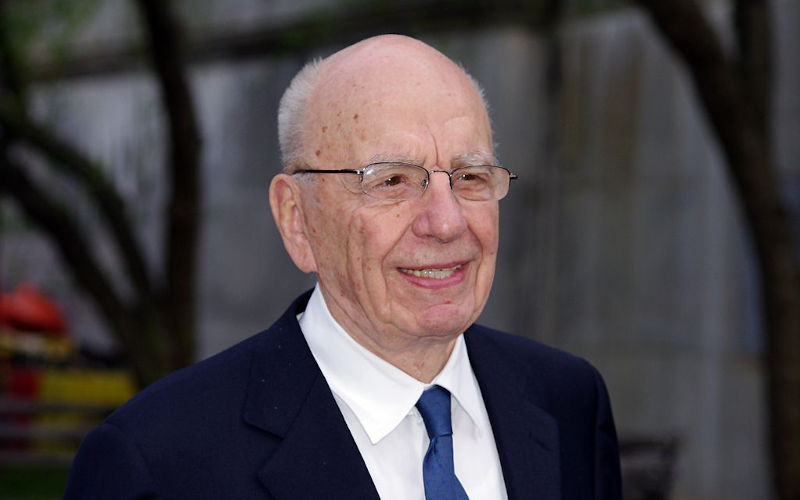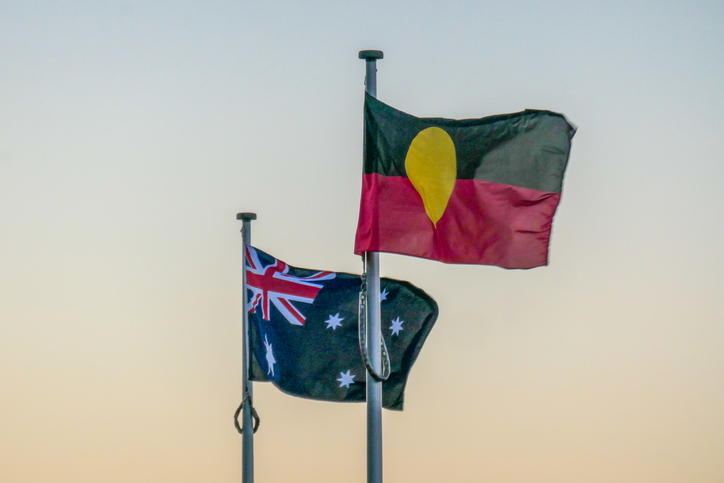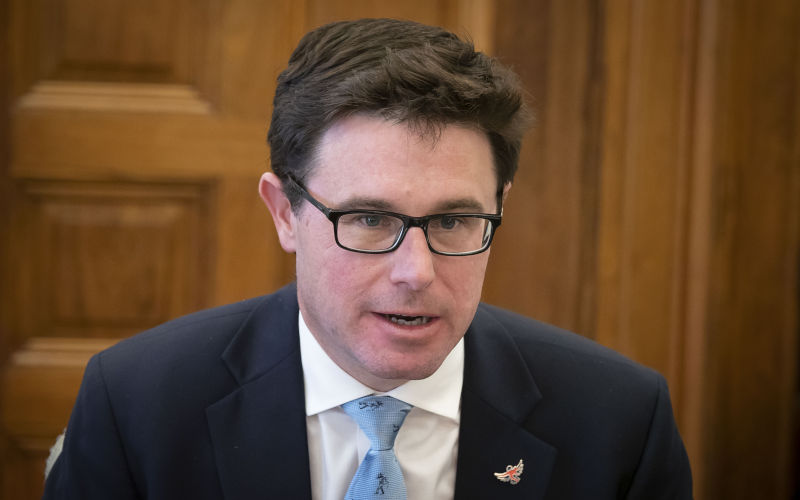
Pearlcasts
As we review 2025, the temptation is to look for neat summaries and settled conclusions.
Go to Pearlcasts
23 February 2026
Could old rivalries spur Albanese to act on human rights?
Kevin Rudd had the groundwork, the evidence and the political moment for a Human Rights Act – and still walked away. Anthony Albanese now has the same opportunity, and no obvious excuse not to take it.

23 February 2026
Globalisation of occupation: when genocide becomes an international project
Thousands of foreign nationals are serving in Israel’s military with the legal tolerance of their home states, while peaceful protest against the war is criminalised. This double standard exposes a deep failure of international law and accountability.

23 February 2026
Starlink, China and the governance of low Earth orbit
China’s massive satellite filings highlight how low Earth orbit has already been transformed by industrial-scale deployment – and how existing governance is struggling to keep pace.

23 February 2026
One error and damned forever?
Women and children held in Syrian detention camps force Australia to choose between rhetoric and the rule of law.

23 February 2026
Countering bully, tyrant Trump’s intimidating expletives – it could work
Donald Trump’s rise and endurance rest on intimidation, repetition and media amplification – and on the long failure of opponents to confront those tactics directly.

23 February 2026
Deep thinking needed on AI, not shallow predictions
Confident predictions about artificial intelligence dominate public debate – but history suggests forecasting technological futures is a poor guide for policy. What matters more are the conditions that shape how AI is actually used.

23 February 2026
Islamophobia and strategic blindness: Australia in the Asian century
Australia seeks deeper integration with Asia while continuing to send cultural and political signals that undermine trust among its closest neighbours. In a region shaped by Islam, history and proximity, this contradiction carries strategic consequences.
22 February 2026
The death toll
The Lancet Medical Journal has re-assessed the Palestinian death toll and found that more than 75,000 people were killed in the first 16 months of the two year war in Gaza – that’s 25,000 more than the initial toll announced by local authorities at the time. The Guardian (19/2) reported that last month a senior Israel security officer had told Israeli journalists that the figures compiled by Gazan health authorities were broadly accurate – contradicting years of denial. Research also found that the reporting by Gaza health authorities about the proportion of women, children and elderly people killed...

22 February 2026
When Ramadan and Lent overlap, faiths move in parallel
As Ramadan and Lent unfold simultaneously across Asia, Muslim and Christian communities move through parallel seasons of fasting, prayer and charity – shaping public life in subtle but significant ways.
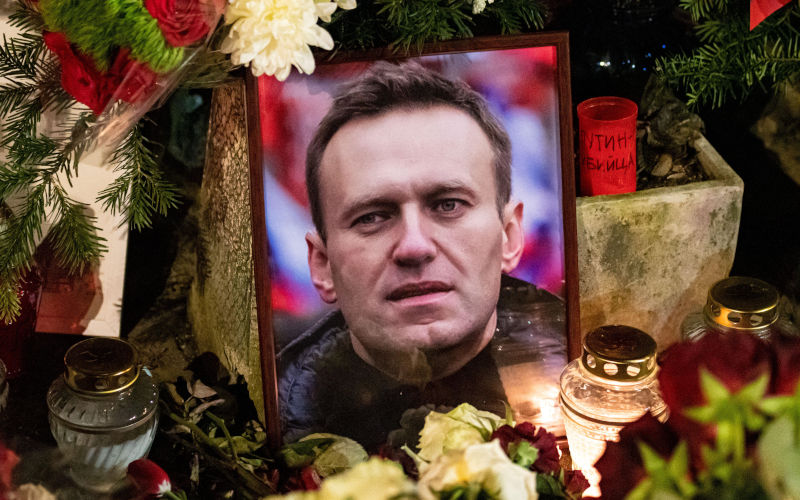
22 February 2026
A history of assassination reveals how ‘targeted killings’ became an extension of state power
Targeted killing has shifted from a tactic governments disavowed to one they increasingly acknowledge and promote. A new history traces how assassination became embedded in modern state power.

22 February 2026
Environment: State-owned fossil fuel companies dominate CO2 emissions
16 state-owned fossil fuel companies top the CO2 emission charts, nations need to be rich to electrify and need to electrify to get rich, and Norway drives the EV boom.
Read our series
Latest on Palestine and Israel

23 February 2026
Globalisation of occupation: when genocide becomes an international project
Thousands of foreign nationals are serving in Israel’s military with the legal tolerance of their home states, while peaceful protest against the war is criminalised. This double standard exposes a deep failure of international law and accountability.

23 February 2026
Islamophobia and strategic blindness: Australia in the Asian century
Australia seeks deeper integration with Asia while continuing to send cultural and political signals that undermine trust among its closest neighbours. In a region shaped by Islam, history and proximity, this contradiction carries strategic consequences.
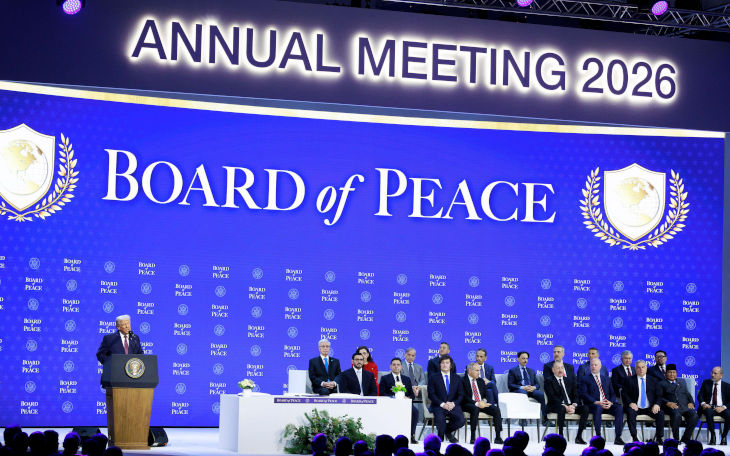
21 February 2026
Board of Peace plans 5,000-person military base in southern Gaza
Leaked contracting documents detail plans by the Board of Peace to build a large military base in southern Gaza, including armoured towers, bunkers and a “Human Remains Protocol”.

20 February 2026
Dual nationals in Israel’s military face growing legal scrutiny over Gaza
Newly released data shows that tens of thousands of Israeli soldiers hold foreign citizenship, placing Western nationals directly within the scope of international war crimes law over Gaza.

19 February 2026
The ceasefire as a weapon: the genocide in Gaza continues in silence
Killings, arrests, displacement and aid restrictions have continued under the ceasefire. The violence has not ended – it has been reorganised and made less visible.

18 February 2026
Muslim women face violence, prejudice, exclusion
Reported Islamophobic attacks in Australia have surged dramatically, with Muslim women overwhelmingly targeted. The failure of political leaders and institutions to respond meaningfully is deepening fear, trauma and exclusion.
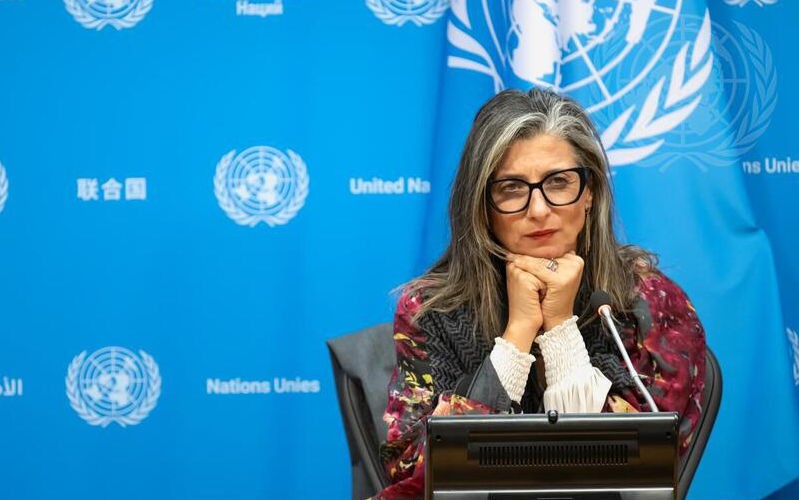
17 February 2026
UN defends Rapporteur after coordinated European pressure campaign
UN warns of attacks on independent experts after European states target rapporteur over disputed Gaza remarks and sanctions.

13 February 2026
Iran’s comprehensive peace proposal to the United States
A regional peace settlement grounded in Palestinian statehood, international law and mutual security guarantees offers a real alternative to perpetual conflict.

Israel's war against Gaza
Media coverage of the war in Gaza since October 2023 has spread a series of lies propagated by Israel and the United States. This publication presents information, analysis, clarification, views and perspectives largely unavailable in mainstream media in Australia and elsewhere.
Download the PDFLatest on China

23 February 2026
Starlink, China and the governance of low Earth orbit
China’s massive satellite filings highlight how low Earth orbit has already been transformed by industrial-scale deployment – and how existing governance is struggling to keep pace.
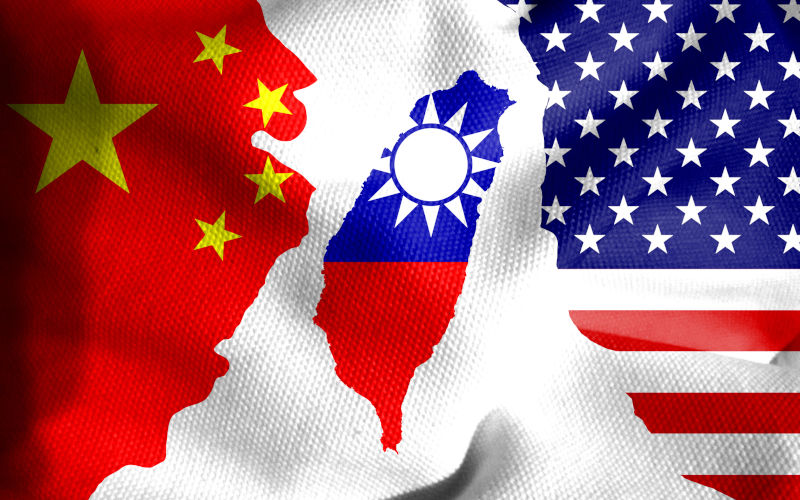
16 February 2026
Playing deputy sheriff on Taiwan comes with costs Australia will wear
Calls for Australia to take a more forward-leaning stance on Taiwan repeat a familiar pattern – moral symbolism paired with strategic vagueness. Past experience suggests the applause is loud, but the economic consequences are real and largely borne alone.

15 February 2026
A loneliness crisis is the price China is paying for rapid modernisation
China’s Spring Festival masks a deeper social problem. Beneath the world’s largest annual migration lies a growing crisis of loneliness shaped by migration, inequality and institutional design.

Support our independent media with your donation
Pearls and Irritations leads the way in raising and analysing vital issues often neglected in mainstream media. Your contribution supports our independence and quality commentary on matters importance to Australia and our region.
DonateMore from Pearls and Irritations
Latest letters to the editor
Continued puerility!
Les Macdonald — Balmain NSW 2041
Vastly expensive but a failure in reality
Les Macdonald — Balmain NSW 2041
History is not conditional
Hal Duell — Alice Springs
Is it the regime or the west that must change?
Susan Dirgham — Viewbank
